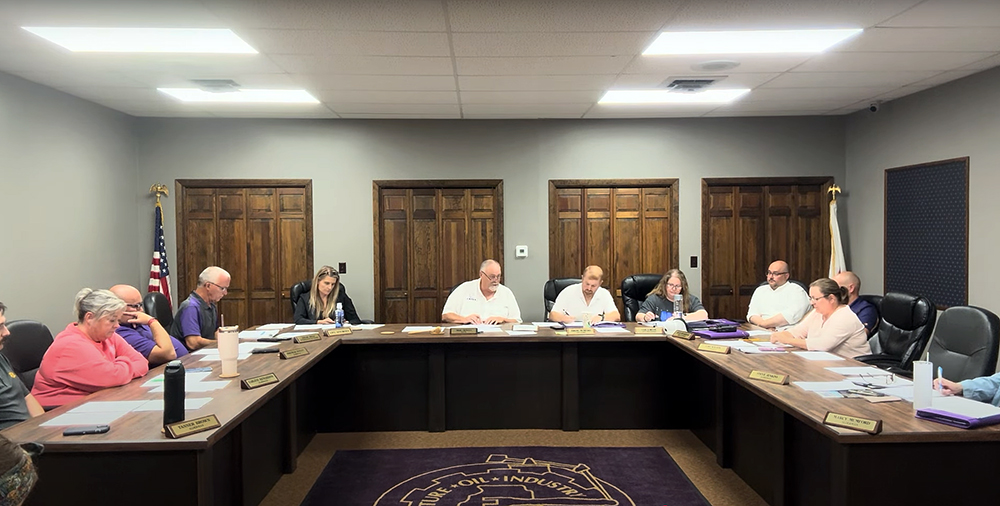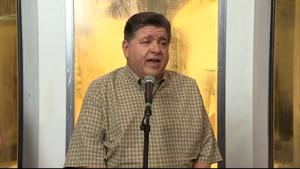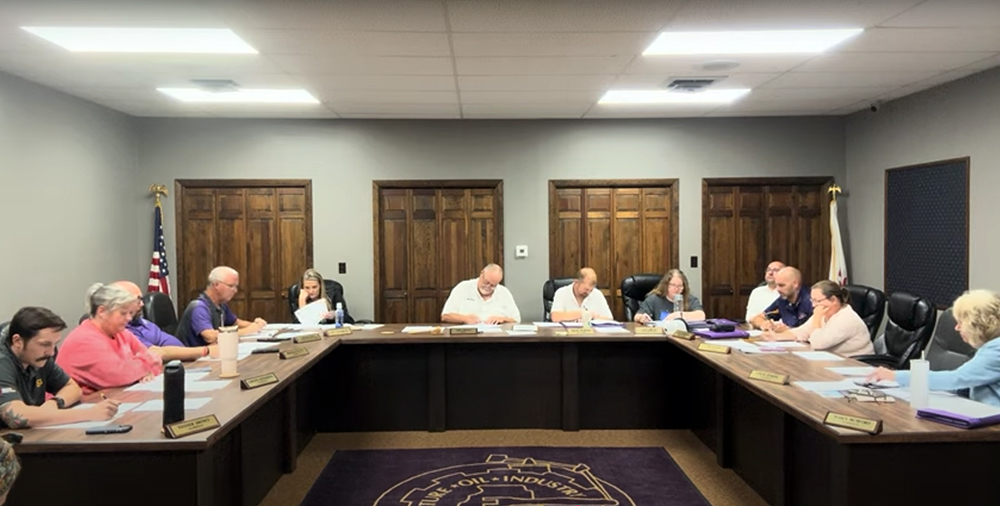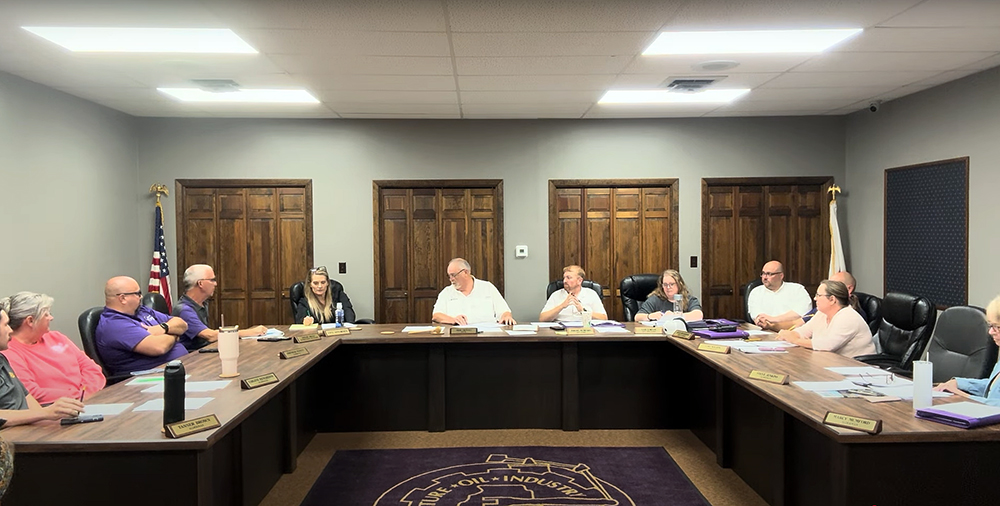Trump’s tariff revenue in doubt after appeals court ruling
President Donald Trump’s tariff revenue – a key source of funding for his political agenda and the GOP’s priorities – is in jeopardy after an appeals court rejected the president’s unilateral tariff authority.
Earlier this month, the Congressional Budget Office, the government’s official scorekeeper, estimated that Trump’s tariffs could bring in $4 trillion over the next decade. That’s nearly enough to cover the spending and tax cuts in the GOP’s massive One Big Beautiful Bill Act.
The U.S. Court of Appeals for the Federal Circuit affirmed a lower court ruling that invalidated the tariffs. Still, the court said the tariffs could remain in place while the administration appeals to the U.S. Supreme Court.
Trump’s Section 232 tariffs – those on steel, aluminum, copper, vehicles, and vehicle parts – remain legal and in place.
The Supreme Court is likely to decide the case.
An analysis from the Committee for a Responsible Federal Budget found that if the appeals court ruling is upheld by the Supreme Court, 71% of the projected tariff revenue would vanish. The nonprofit group said the CBO’s score would likely drop from a $4 trillion total deficit reduction through fiscal year 2035 down to $1.2 trillion.
Trump recently said that if the courts nix his tariffs, America could sink into a “Great Depression.”
“If a Radical Left Court ruled against us at this late date, in an attempt to bring down or disturb the largest amount of money, wealth creation and influence the U.S.A. has ever seen, it would be impossible to ever recover, or pay back, these massive sums of money and honor,” the president wrote on Truth Social. “It would be 1929 all over again, a GREAT DEPRESSION!”
The president’s attorneys told the appeals court the same thing. In a letter to the U.S. Court of Appeals for the Federal Circuit, Solicitor General D. John Sauer and Assistant Attorney General Brett Shumate warned that tariffs under the 1977 International Emergency Economic Powers Act must stay in place to prevent a financial disaster.
“Suddenly revoking the President’s tariff authority under IEEPA would have catastrophic consequences for our national security, foreign policy, and economy,” they wrote in a letter. “The President believes that our country would not be able to pay back the trillions of dollars that other countries have already committed to pay, which could lead to financial ruin.”
Attorneys for the administration told the court that Trump could use other laws to implement tariffs. Still, those wouldn’t work nearly as well as the International Emergency Economic Powers Act – the law that’s under review in the legal challenge of Trump’s tariffs filed by small businesses and some U.S. states.
“Other tariff authorities that the President could potentially use are short-term, not nearly as powerful, and would render America captive to the abuses that it has endured from far more aggressive countries,” Sauer and Shumate wrote in the letter. “There is no substitute for the tariffs and deals that President Trump has made. One year ago, the United States was a dead country, and now, because of the trillions of dollars being paid by countries that have so badly abused us, America is a strong, financially viable, and respected country again. If the United States were forced to pay back the trillions of dollars committed to us, America could go from strength to failure the moment such an incorrect decision took effect.”
Trump publicly predicted an economic collapse similar to the “Great Depression.”
“These deals for trillions of dollars have been reached, and other countries have committed to pay massive sums of money,” Sauer and Shumate wrote. “If the United States were forced to unwind these historic agreements, the president believes that a forced dissolution of the agreements could lead to a 1929-style result. In such a scenario, people would be forced from their homes, millions of jobs would be eliminated, hard-working Americans would lose their savings, and even Social Security and Medicare could be threatened. In short, the economic consequences would be ruinous, instead of unprecedented success.”
Latest News Stories

Doudna Fine Arts Center 2025/2026 Season Announcement

Search for New Casey Utility Superintendent Narrows to Five Candidates

Daughhetee, Winnett inducted into Casey Rotary Club

WATCH: IL Republican pushes for TX quorum rules that Pritzker hails as ‘hero’ move

Casey Cracks Down on Blighted Properties, Considers Parental Responsibility Ordinance

Lake Land College Invests Over $63,000 in Grammarly AI Tool to Boost Student and Staff Writing Skills

Casey Faces Utility Rate Hikes Amidst Inflation and Shrinking Customer Base

What’s Happening at the Library in August?

Casey Council Approves $33.27 Million Appropriation Plan for FY 2026

Cecile Stephens

Lake Land College Board Approves 3% Pay Raises, New Salary Structure for Staff

Lake Land College Backs 12-Year Extension for Mattoon’s Midtown TIF District








